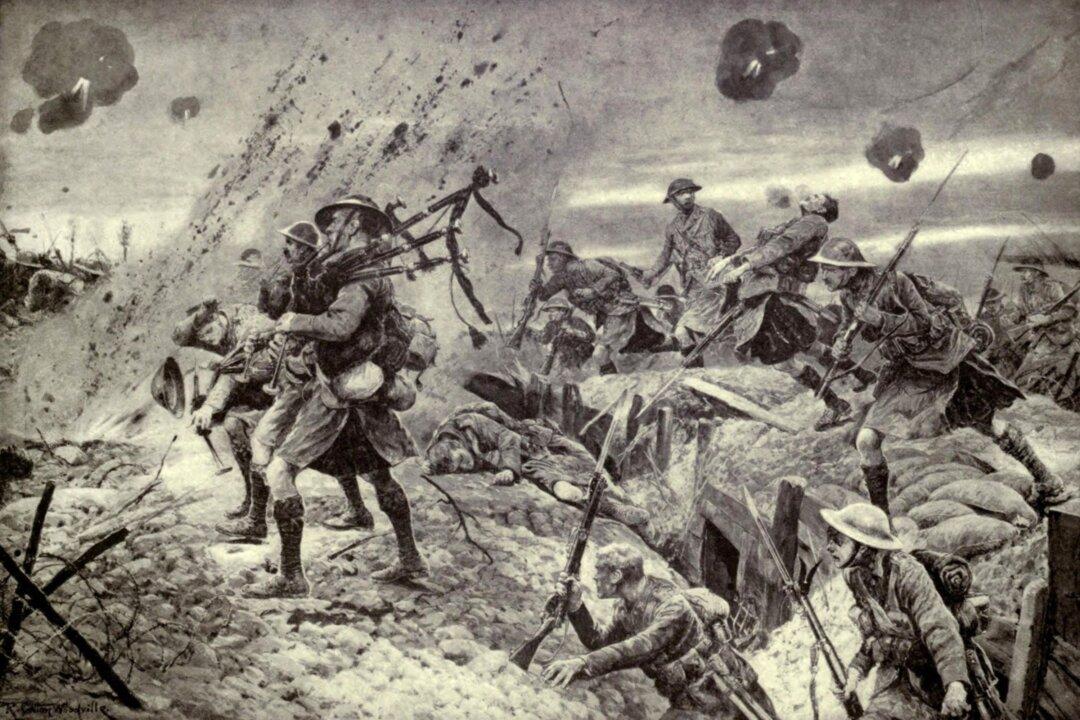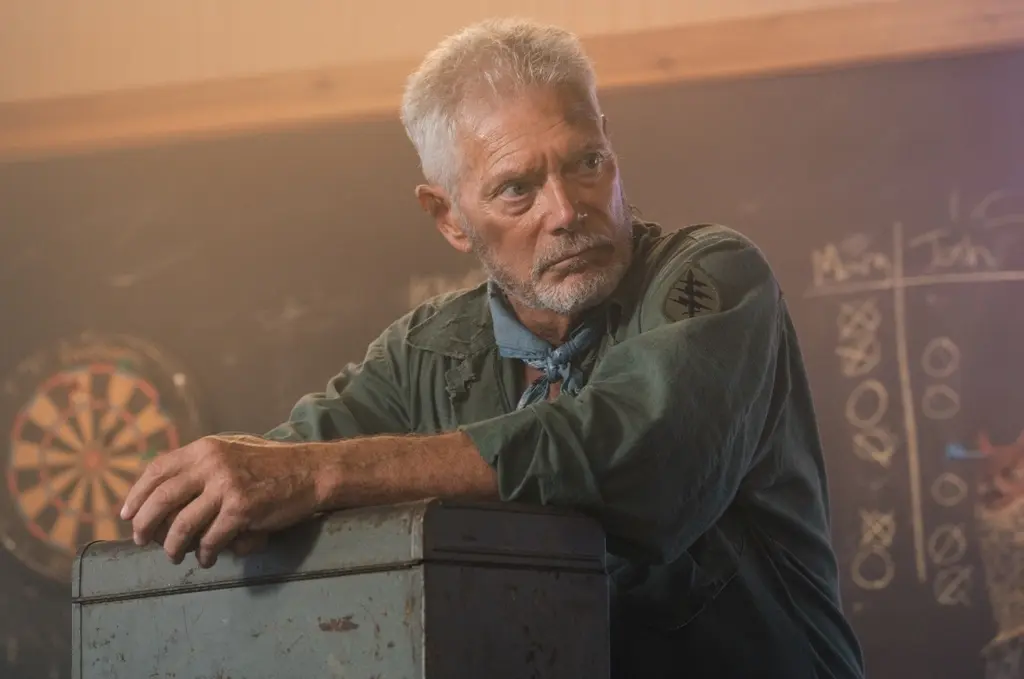This is the third in my continuing series of Top 5 lists acknowledging high-quality movies associated with particular American and non-American wars. I have to admit that this particular list initially intimidated me, but I was pleasantly surprised and am proud of my carefully chosen titles.
‘1917’ (2019)
Nominated for 10 Academy Awards (and the winner of three), “1917” director and co-writer Sam Mendes (“American Beauty”) and cinematographer Roger Deakins chose to present their film with what appears to be a single, uninterrupted shot. This same thing was first done in Alfred Hitchcock’s “Rope” (1948) and about three dozen times since, mostly as a “look-at-me” gimmick. This is not the case here.Employing the device to convey immediacy, the unseen, the unexpected, and the shrieking terror of war on the ground, “1917” for the most part is a two-man show. Hand-plucked by their commanding officer (Colin Firth), lance corporals Blake (Dean-Charles Chapman) and Schofield (George MacKay) are charged with the unenviable task of crossing enemy lines and traveling untold miles across the French countryside to deliver a message to another officer (Benedict Cumberbatch) ordering him not to attack presumably retreating German forces.






